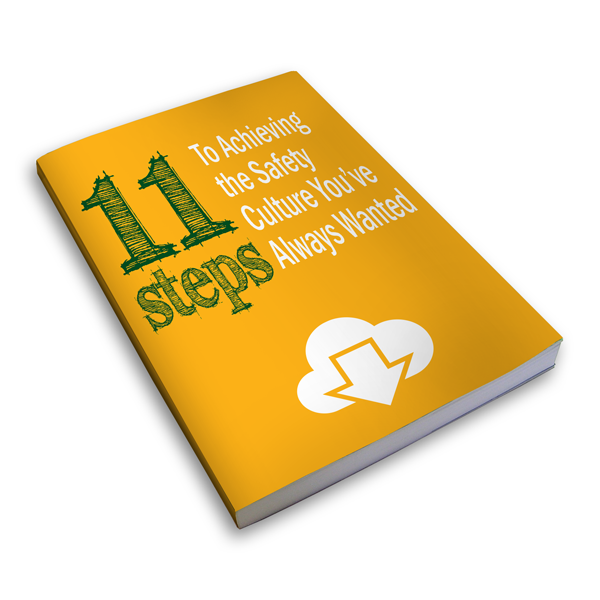Have you ever had the “safety talk” with your employees?
Sounds kind of corny….doesn’t it? Well, it’s not. There should be nothing more important than bringing your employees home safely at the end of each day. We do not want a workplace injury to change our lives forever.
| Your employees need to know your commitment to safety and what areas you’re planning on emphasizing as we move into the fall season. You are the “trusted advisor.” You’ve been providing safety classes to educate and to create safety awareness. That’s great! To make it pay off, employees need to see your commitment as they watch what you do. |  |
Here is a safety culture concept by John Drebinger called “Would You Watch Out For My Safety” that I like. The premise is asking others to watch out for your safety. The result is everyone looking out for each other comfortably and avoiding the awkwardness of pointing out acts that could cause harm.
Here are 5 of the many reasons to encourage employees to watch out for each other’s safety:

When you look out for everyone else’s safety, you will notice the hazards that could injure you. The more you watch out for other people….the safer you become and your family’s safety improves.
Safety professionals say 90+ percent of the time, the person injured could have either prevented the injury or lessened the effect. Your extra set of eyes can spot hazards that others simply don’t see. When you do it for others there will be a reciprocal effect.

The second reason to watch out for other people’s safety is they may simply be distracted. Have you been distracted so much that you don’t see something? You go through the motions of activity and may not see the hazard. Ever had an emergency call to come to the hospital for a family member? Your mind is on the family member and maybe less focused on spotting hazards.
We need to watch out for each other because every now and then….we have a day when we are not at our best. We won’t know when someone is distracted. So watching out for people during that time is huge!

The third reason to look out for other people is plain old brain failure. Not distraction, but your brain actually fails you. It happens. For example, you can’t find your car keys and you ask someone for help and they find it right in front of you? Cognitive failure can happen to anyone.
What you do for someone else can make the difference when their brain fails them.

The fourth reason you want to watch out for each other is to avoid the pain in your life. I’m sure you’ve run across a hazard at some point and wondered if you should or shouldn’t do something about it. When you take action….you feel good about it….even knowing nobody will ever know about your good deed.
However, I’m sure we’ve all experienced a situation where we didn’t take action and hoped nobody would get hurt. What if it went the other way and someone was killed. The pain in your life knowing a simple action on your part could have saved or reduced the effect on someone else. Knowing family members are now dealing with the loss of a loved one is also a pain in your life. Watching out for other’s safety actually avoids pain in your life.

The fifth reason to watch out for other’s safety is that it is the right thing to do. Safety is the right thing to do. Other people win when you help them avoid a hazard, you win because you are more aware of your own safety and your family wins when they pick up your safety values and apply it to their own lives. Watching out for each other is the right thing to do.

Ask the people you work with to watch out for your safety. Let them know one-on-one if they see you near a hazard, you always want them to point it out to you. By asking them to watch out for your safety, you are making it comfortable for them to point out a hazard when they see it.
By asking others to watch out for your safety, you have set in motion making actively caring for others the cultural norm. Your operation will be safer when more people ask each other to watch out for their safety.
Have the safety talk with employees. Set in motion the idea of having people watch out for your safety and you watching out for their safety. Do it in such a way that makes them comfortable to point out safety hazards, so your safety culture continues to grow. So, everyone can get home safely.



